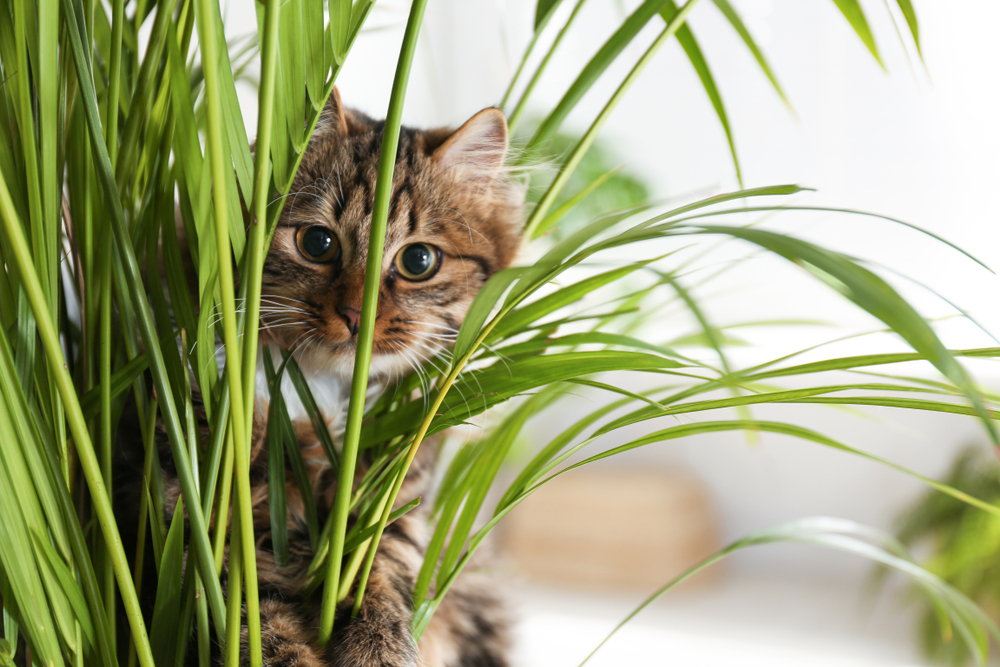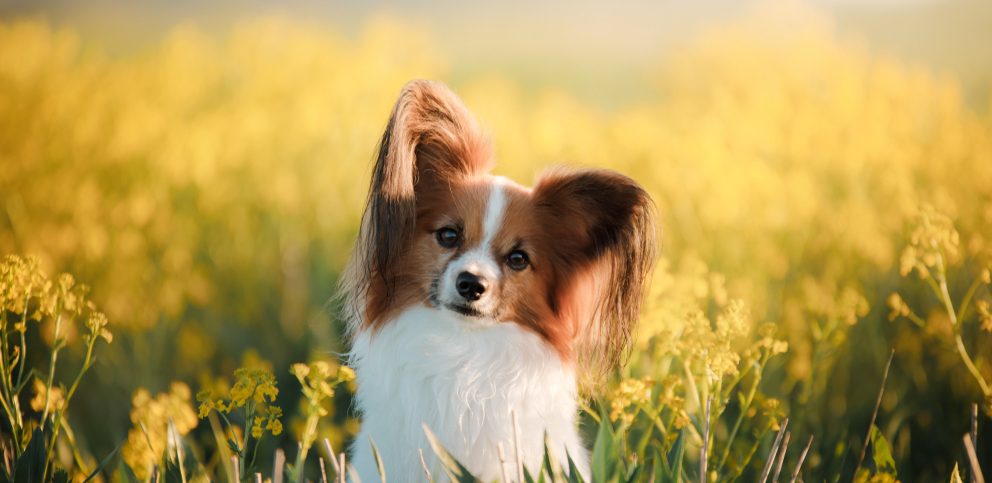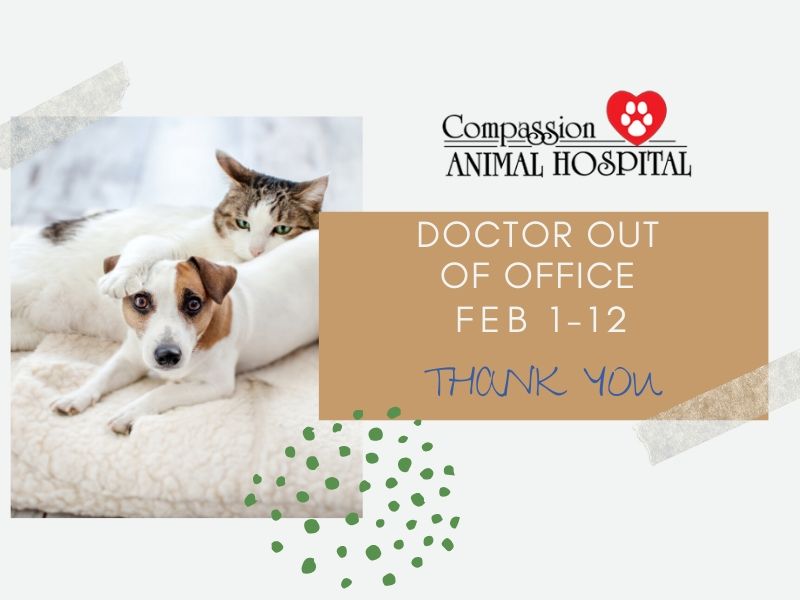Protecting Your Furry Friends: Common Household Plants Poisonous to Pets
At Compassion Animal Hospital in Woodland Park, Colorado, we understand that your pets are cherished members of your family. Ensuring their safety is our top priority, and part of that involves being aware of the hidden dangers in our homes. One such danger comes from common household plants, which can be toxic to our beloved pets. It’s essential to recognize these plants and take measures to prevent accidental ingestion.
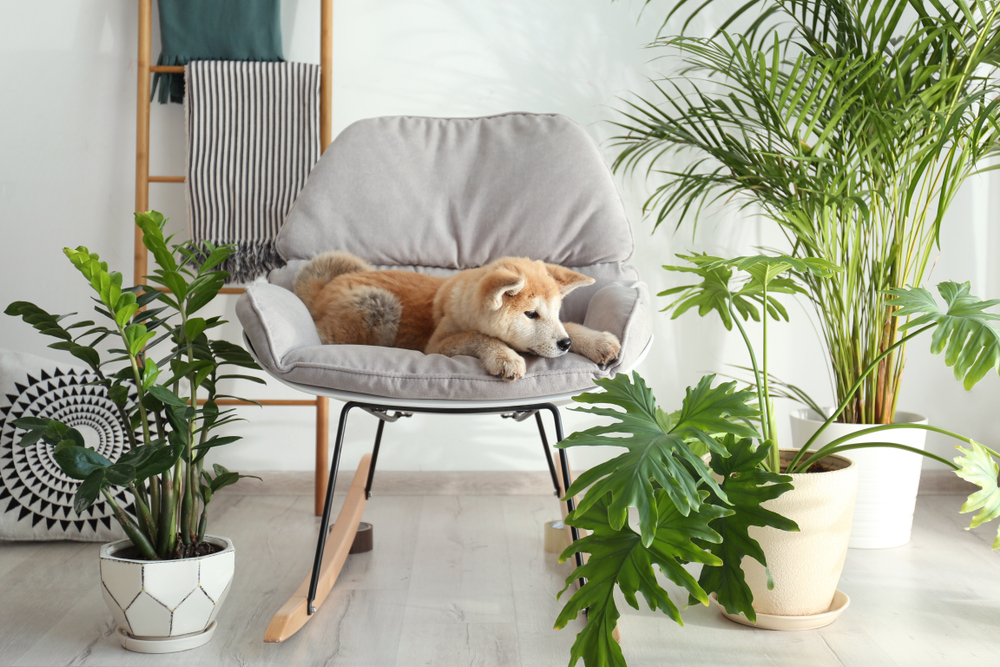
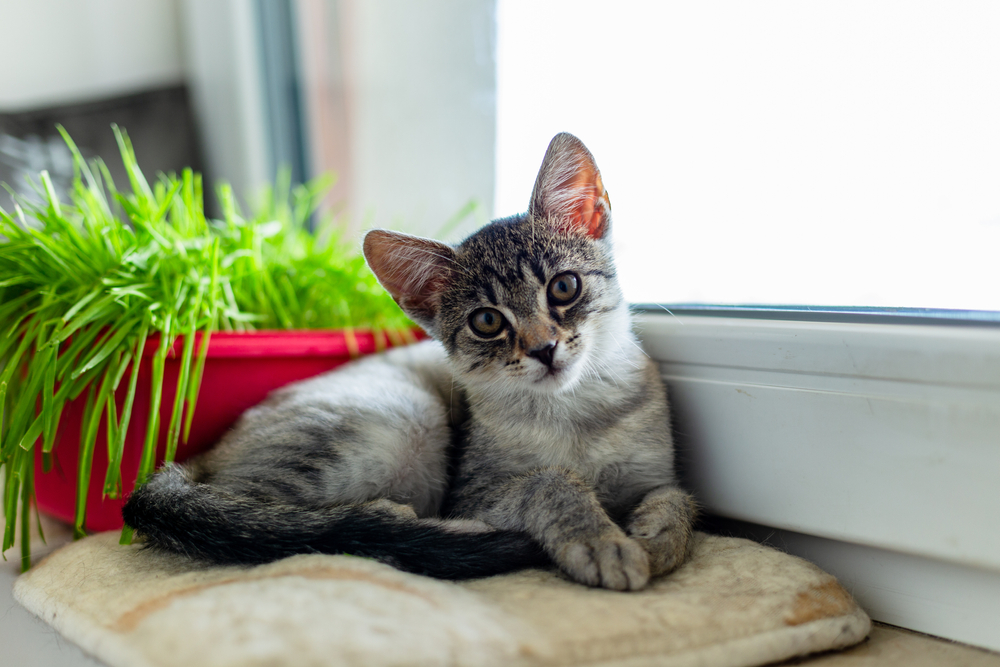
The Importance of Keeping Our Pets Safe
Pets are naturally curious creatures. They love to explore their environment, sniffing and nibbling on anything that catches their interest. Unfortunately, some of the beautiful plants that adorn our homes can pose serious health risks to our furry friends. Toxic plants can cause a range of symptoms from mild irritation to severe illness and even death. By being aware of these dangers and taking proactive steps, you can create a safer environment for your pets.
10 Common Household Plants in Colorado That Are Poisonous to Pets
Lilies:
Lilies are beautiful and fragrant but extremely toxic to cats. Ingesting even small amounts can cause severe kidney failure. Common lilies to watch out for include Easter lilies, Tiger lilies, and Daylilies.
Aloe Vera: While aloe vera is known for its healing properties for humans, it’s harmful to pets. If ingested, it can cause vomiting, diarrhea, and lethargy in both dogs and cats.
Philodendrons: Philodendrons are popular houseplants due to their low maintenance. However, they contain calcium oxalate crystals, which can cause oral irritation, excessive drooling, and difficulty swallowing in pets.
Sago Palm: Sago palms are commonly found in homes and gardens. They are highly toxic to pets, especially dogs. Ingesting any part of this plant can lead to severe liver damage and even death.
Dieffenbachia (Dumb Cane): Dieffenbachia plants are known for their attractive foliage. Unfortunately, they contain compounds that can cause oral irritation, swelling, and difficulty breathing if ingested by pets.
Pothos (Devil’s Ivy): Pothos is a popular, hardy houseplant. It contains insoluble calcium oxalates that can cause oral irritation, vomiting, and difficulty swallowing in pets.
Azaleas: Azaleas are beautiful flowering shrubs that can cause serious health issues in pets. Ingesting even a small amount can result in vomiting, diarrhea, drooling, and in severe cases, cardiovascular collapse.
Tulips: Tulips are a favorite in many gardens, but they are toxic to pets. The bulbs are particularly dangerous, causing intense gastrointestinal irritation, drooling, loss of appetite, and depression.
Cyclamen: Cyclamen plants are known for their vibrant flowers. However, they can cause severe vomiting, drooling, and heart rhythm abnormalities in pets if ingested.
Oleander: Oleander is a highly toxic plant. Ingesting any part of this plant can lead to severe gastrointestinal, cardiac, and neurological symptoms, and can be fatal.
What to Do if You Suspect Poison Ingestion In Your Pets
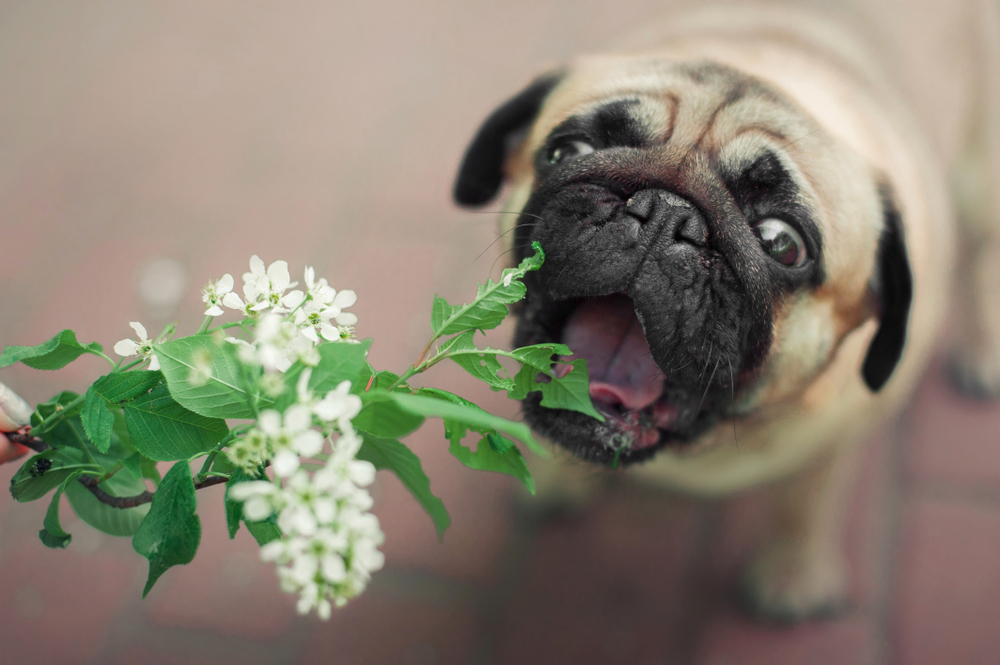
If you suspect your pet has ingested a toxic plant, it’s crucial to act quickly. Contact Compassion Animal Hospital immediately for guidance and care. Our team is dedicated to providing the best possible care for your pets in emergencies.
Additionally, you can call the Pet Poison Helpline at (888) 426-4435 for immediate assistance.
Creating a pet-safe environment involves being aware of the potential hazards and taking proactive steps to eliminate them. By doing so, you can ensure that your furry friends stay happy and healthy. If you ever have concerns about your pet’s health or need advice on safe plants, don’t hesitate to reach out to us at Compassion Animal Hospital. We’re here to help!
Schedule an Appointment For Your Pets At Compassion Animal Hospital in Woodland Park, CO
If you live in Woodland Park, Colorado, and suspect your pet may have ingested a poisonous plant, please contact Compassion Animal Hospital immediately. Early intervention can make a significant difference in outcomes. For any concerns or to schedule a check-up, give us a call. Your pet’s health and safety are our top priorities.
Stay safe and keep those tails wagging!
